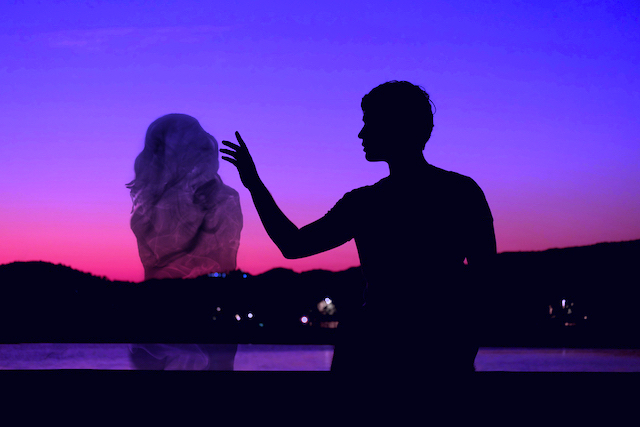
The loss of a mother at a rather early age is very traumatic. I know several people who, at early ages in their lives, have lost a mother. Seventeen, eighteen nineteen , this is the time you need love, guidance and direction about life as you start a journey into who you are becoming. Tough decisions need to be made, life changing ones, that’ll determine how one moves forward in life. So you must learn to trust yourself and your instincts -good, bad, right or wrong. It took someone I know 20 years to get through the grief of the loss of their mother. During this time, she learned to laugh to keep from crying. Losing a parent early on can permanently change the direction of a child’s life. The trauma of that kind of loss can remain with a person throughout their life, sometimes laying dormant for years, only having to be dealt with at some point later in life. This pandemic has created a lot of widows and widowers, as well as many motherless and fatherless children.

Grieving is a very individual process and people need to do whatever works best for them. You must first understand that you have had a loss and that grieving is part of the process. Eventually, one will find that they may gain a certain amount of independence and a different identity as a result. I don’t think that there’s a limit as to how long one should grieve. Each situation is different, but it is important to allow yourself to grieve. There is a saying that time heals all wounds, but I believe that time alone doesn’t heal anything, it’s what you do with time that will help you to heal. Time is one of those constants in our lives, but it is an intangible. We cannot see it, hear it, touch it or smell it, but we trust that it is there with us every step of the way. It is not unlike our shadow: always with us even though we might not see it.
Time pushes us forward whether we like it or not. We cannot pause it even though when we are grieving, there are many times we will long to do that, just so we can catch our breath, gaining some relief from the excruciating pain of grief and loss.
Initially, after loss, we do not see time as our friend. We may wonder how long we will feel numb, depressed, anguished and in a fog. Could this go on forever? Will there ever be a time when we will feel relief from this aching despair?
But time gives us an opportunity to go through the natural healing process. We pass through invisible stages as we move forward. Sometimes, you might feel like you have a handle on your grief and then a song or a picture, or seeing someone who looks like the one you’ve lost will trigger a deep and abiding sadness. If you have reached a stage where grief is no longer a daily companion, you might even begin to feel that you’ve taken ten steps backwards when these sudden triggers occur. But do not worry as this is all normal, a part of the process of grieving, moving one in the direction of living life again.
One aspect of my recovery, which helped me to move forward, was the fact that I had a diverse community of friends. I had friends of various ages from many cultural backgrounds, and I found this to be critical to my recovery. Luckily, I had managed to cultivate great friendships over the years, so I didn’t find myself stuck in place, trying to construct a social life. My longtime friends were there with support and love, while my newer friends provided opportunities for me to get out and have fun. Many were full of energy and offered fresh ideas which allowed me to not feel like a dinosaur in the 21st century. I learned from them as they supported me.

However, as time goes on, comfort will come with clarity of mind. As you begin to be able to think more clearly, staying focused on your recovery, you will find that you’re enjoying life more and not just being numb in it. You will eventually begin to get beyond the sad thoughts and embrace your “new normal” as you begin to reawaken and look at life in fresh new ways.
As time went on for me, I soon began to see that small flicker of light at the end of the tunnel become brighter and, without my noticing, I had begun to feel less numb and more alive. It was a gradual process, but at some point, I began to feel more and more sanguine. In fact, the emptiness I had felt had now become a place of hope and an opportunity to create a new path or “thing” in my life as I began to believe that there could be “life after death.”
The key here is to never give up on yourself. I never gave up on the fact that I could get through the sadness, the crying, the mourning, and the hollow feelings. I could experience life without my life being tinged by sadness. This took many, many, month, years even to achieve, but I did it and you can too.
A year or so after my husband passed away, a former colleague of mine lost her husband suddenly. I stopped in to pay my respects and she asked how I’d gotten from the early stages of grief to the present. I told her that I’d begun to mourn right away. She wanted to know what she could expect. I asked her how she felt at that moment, just hours since her husband had passed. She said she felt numb, and my reply was that this was stage one.
So here was a woman who was about to grieve consciously, like me. Doing so doesn’t necessarily lessen the grieving time; it just keeps you aware as you begin the grieving journey.Stay with it and do not despair, because eventually, down the road a piece, when you see that flicker of light at the end of your grief tunnel, you will recognize that as hope.

Have you had to deal with grief or a loss in your life recently? When did you begin to feel hopeful? How has life changed for you since your loss? What is your new normal? What new things have you discovered about yourself since your loss? Please share in the comments below.



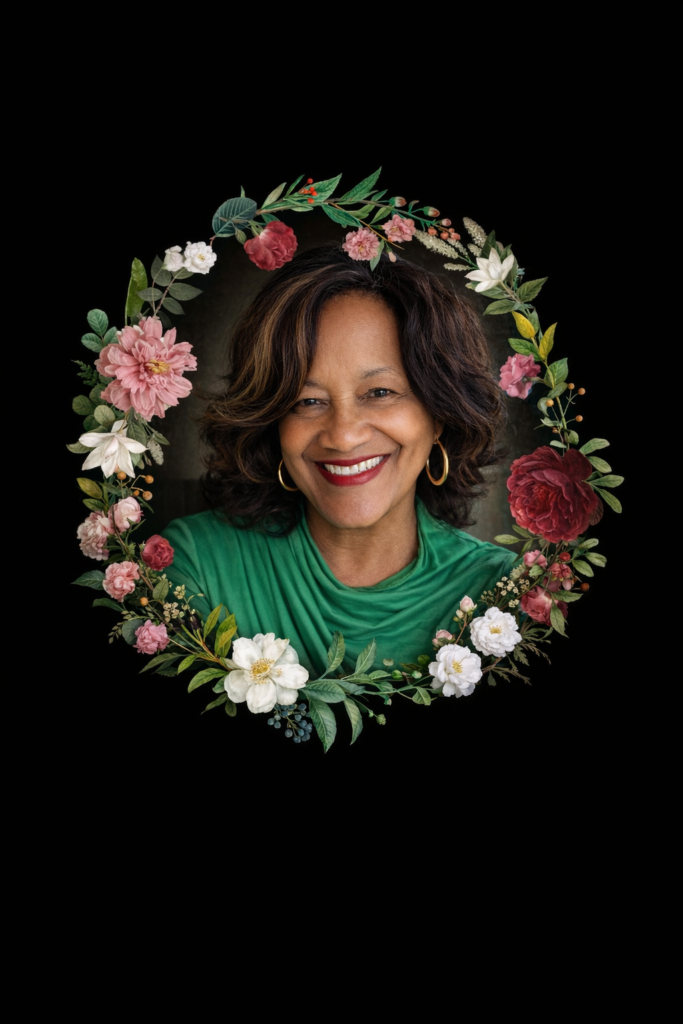
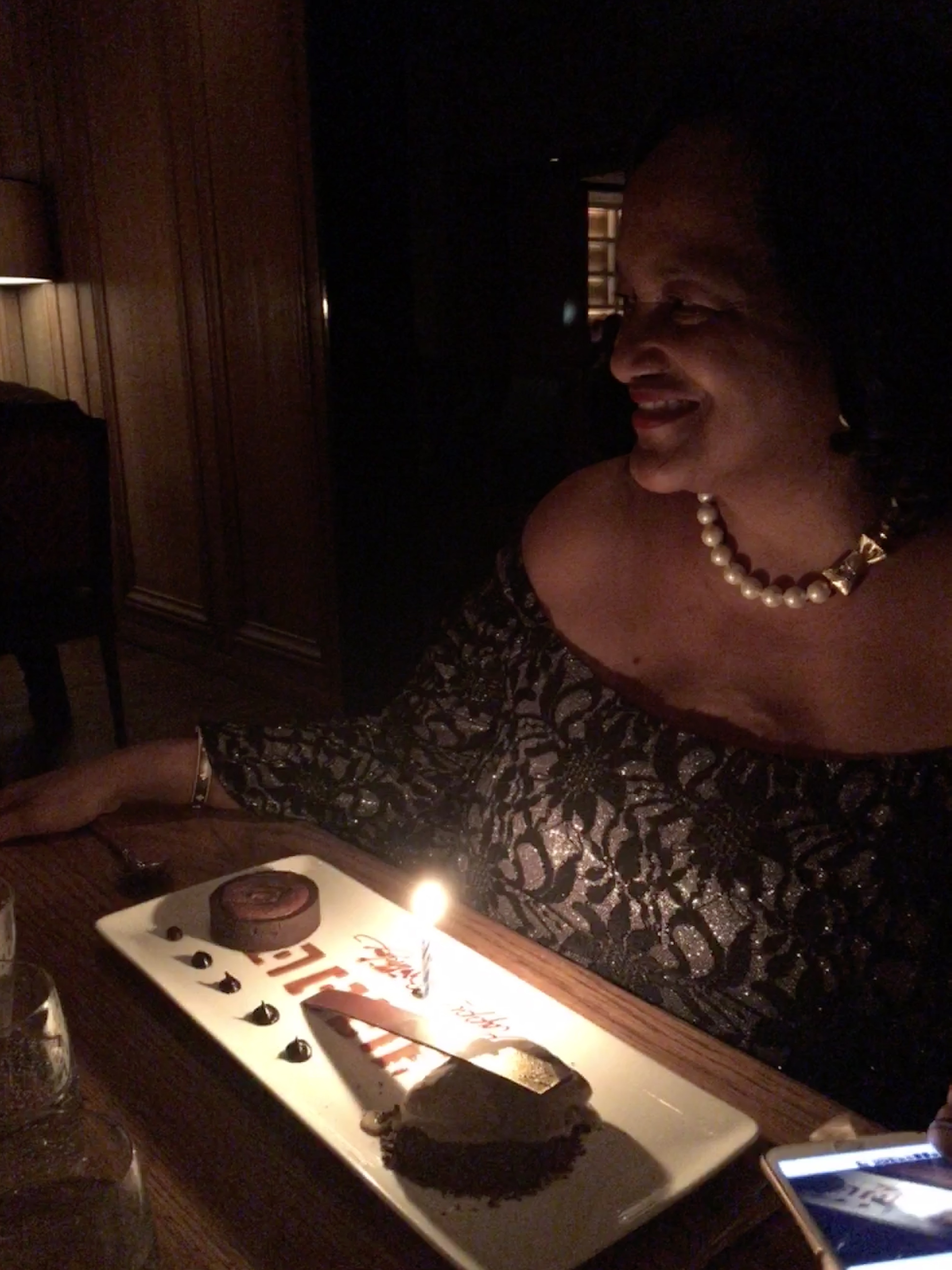
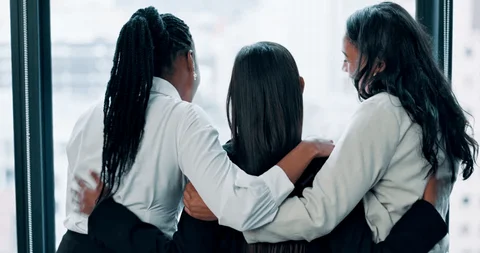
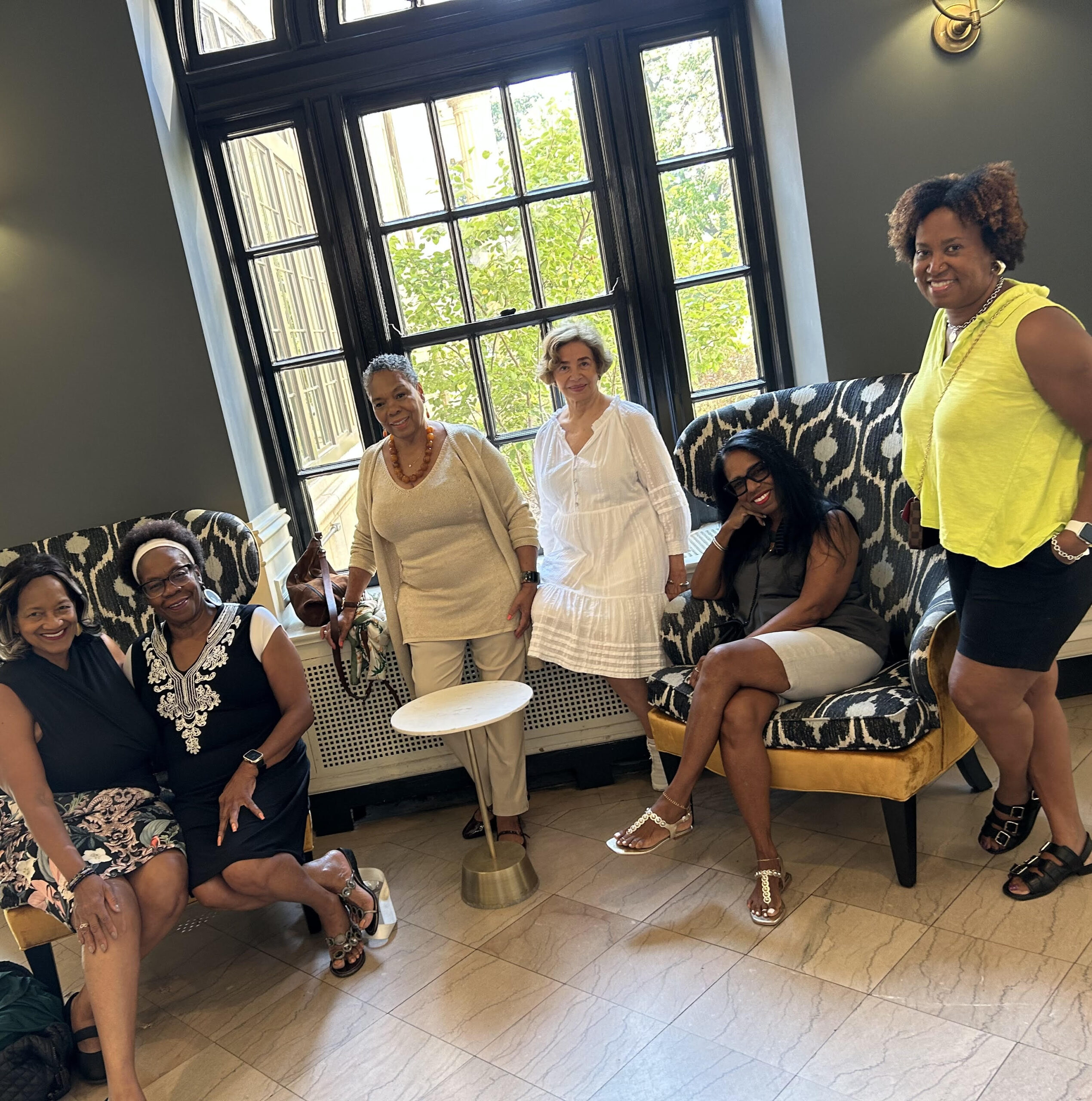



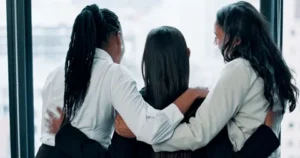
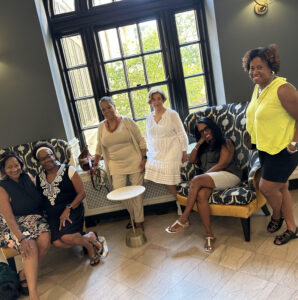



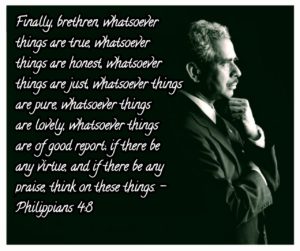



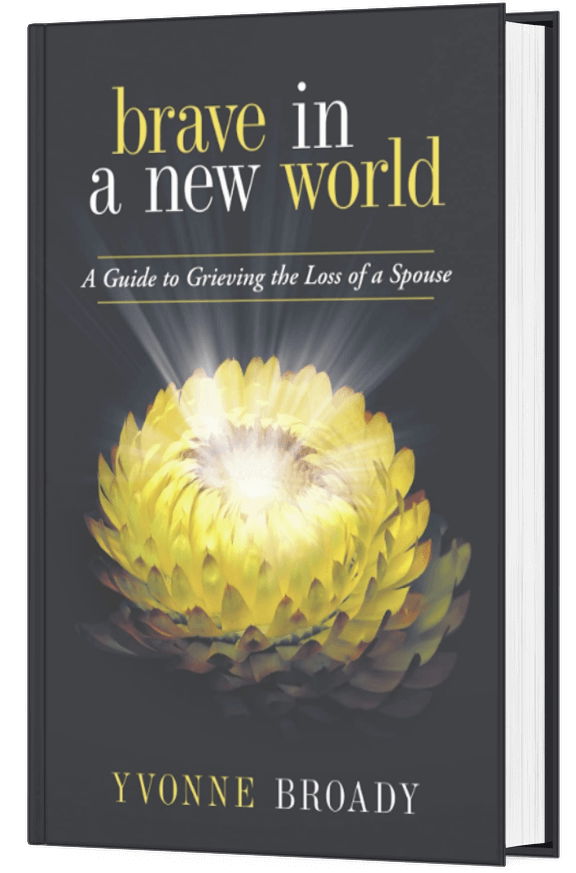

2 Responses
Great read, Yvonne!
Thank you Gail ??